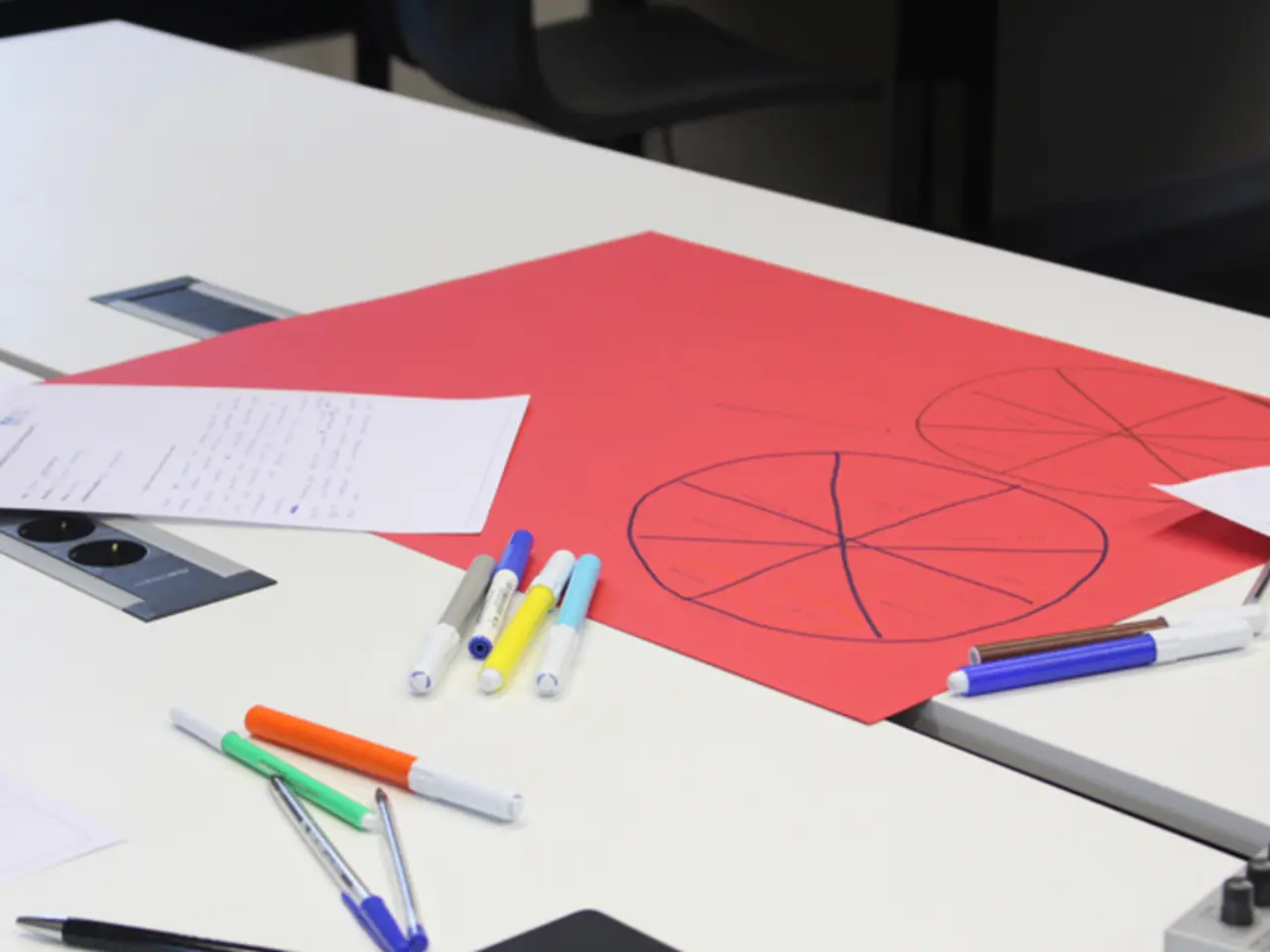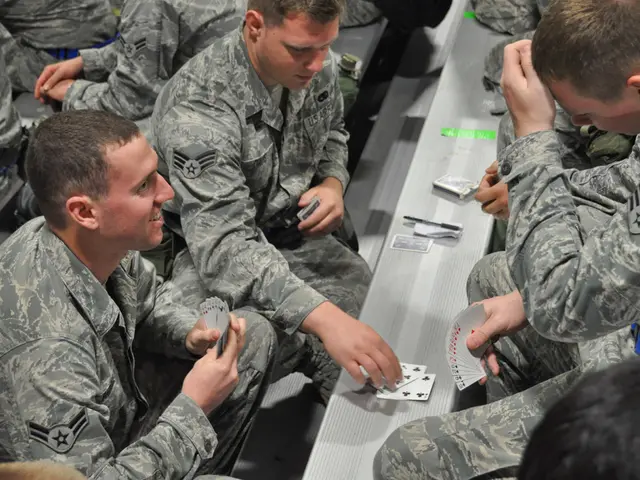Assistance for Individuals Struggling with Gambling Addiction in the UK: Over 28,000 People Receiving Complimentary Counseling from the National Gambling Support Network
The National Gambling Support Network (NGSN), an essential service in the UK, continues to operate despite an impending transition from GambleAware's leadership to government bodies like NHS England by March 2026 [1][2]. This transition is expected to maintain service continuity, with GamCare, the operator of the National Gambling Helpline within the NGSN, preparing to collaborate closely with new commissioners.
The National Gambling Helpline, available 24/7, offers confidential support for gambling-related harm via phone (0808 8020 133) and live chat. Historically, tens of thousands of people have received support through the NGSN and associated helplines [2]. However, specific current user numbers and wait times for intensive treatment are not explicitly stated in the latest reports.
Reducing the stigma associated with gambling addiction is a key focus for stakeholders. GamCare advocates for integrating gambling harm into a broader public health framework, a move supported by the new statutory levy system that began in April 2025 [1][2]. The sector is also emphasizing public-private partnerships and campaigns through organisations like GamCare and GambleAware to normalize help-seeking and improve awareness [1][2][4].
Last year, GambleAware launched a campaign to combat the stigma surrounding gambling addiction. Some organisations affiliated with the NGSN have been able to provide help within an average of 1.3 days, while the waiting time for more intensive measures such as inpatient treatment has been around 3.5 days on average [1][2].
The UK's gambling minister, Stuart Andrew, underscores the importance of speaking to someone when one has problems with gambling. The NGSN offers the option to connect via chat or phone for direct help in up to 20-minute conversations.
It is worth noting that the mandatory contribution of British gambling companies to the National Health Service (NHS) could potentially help finance help offers in the long term. However, the allocation of funds from the NHS for helping gambling addiction is still being discussed.
In summary, the NGSN remains operational while undergoing transition, offering 24/7 support for gambling-related harm. The sector is actively working to reduce stigma and improve access to services, with campaigns and partnerships playing a significant role. The long-term financing of these services remains a topic of discussion.
What if science, health-and-wellness, and mental-health were integrated to develop new therapies-and-treatments for gambling-related issues within the National Gambling Support Network (NGSN)? Could casino-and-gambling industries, instead of being seen as a problem, become allies in raising awareness and funding for these treatments? What if we could normalize seeking help for gambling addiction the same way we encourage taking care of our physical health at a local casino or gambling establishment?





